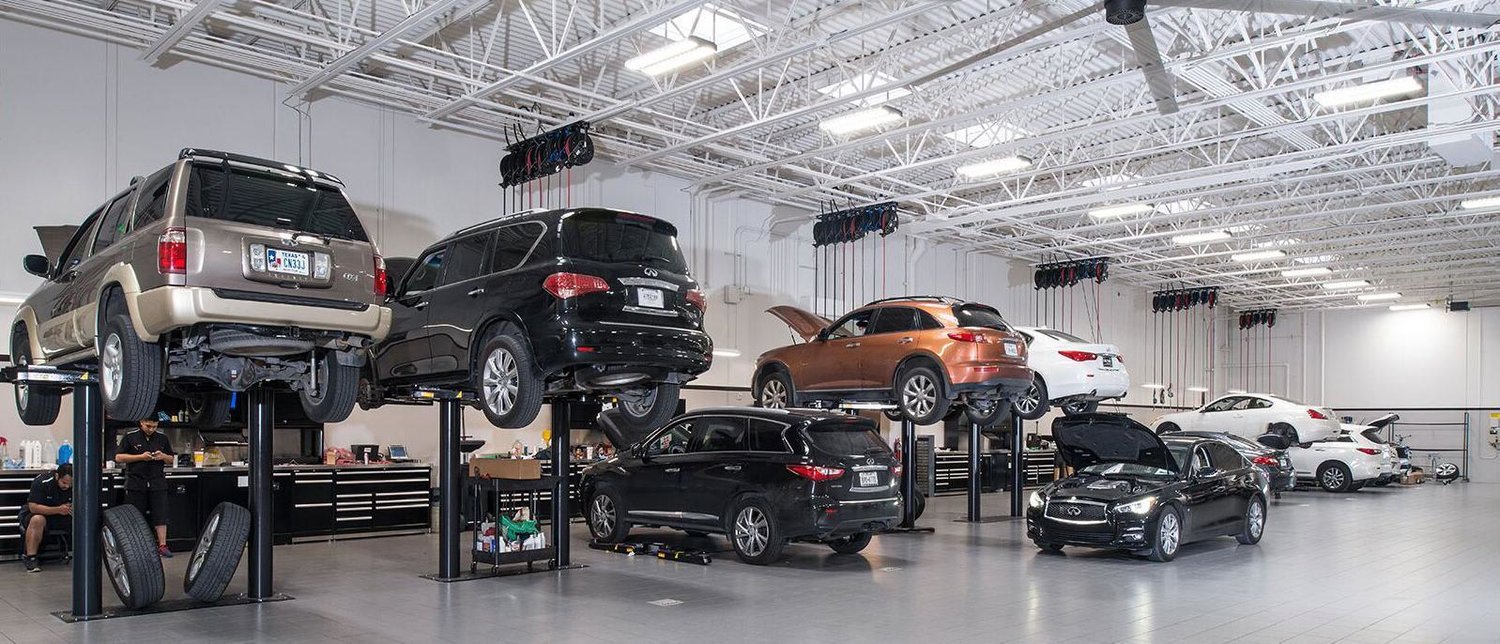All Categories
Featured
Your vehicle's engine is the heart of your car, and maintaining it in top problem is crucial for optimal performance and longevity. Regular engine tune-ups are an excellent way to preserve your automobile's wellness, enhance fuel effectiveness, and stay clear of expensive fixings in the future. Whether you're an automobile lover or somebody that simply wishes to keep their lorry running efficiently, these engine tune-up ideas will certainly assist you get the most out of your car.
- Change Flicker Plugs. Ignition system play a critical duty in beginning your engine and making certain smooth burning. With time, trigger plugs can end up being dirty or worn, bring about misfires, lowered gas efficiency, and harsh idling.
Throughout an engine tune-up, evaluate and change your spark plugs if necessary. Many cars call for brand-new ignition system every 30,000 to 100,000 miles, depending on the kind. On a regular basis replacing stimulate plugs makes sure proper ignition and optimal engine performance.
- Check and Clean the Air Filter. The air filter avoids dust, dust, and particles from entering your engine. A clogged or unclean air filter limits air flow, creating your engine to work more challenging and shed more gas.
Examine your air filter during a tune-up and replace it if it's unclean. In dirty atmospheres or areas with heavy pollution, you may need to change the air filter a lot more frequently. A tidy air filter can enhance gas efficiency and prolong the life of your engine.
- Inspect and Change Belts and Pipes. Belts and hoses are crucial for numerous engine functions, such as powering the alternator, water pump, and air conditioning system. Gradually, these parts can break, battle royal, or break, possibly causing break downs.
During a tune-up, check belts and hoses for indications of wear and replace them if needed. Changing these parts proactively can conserve you from expensive repair work and stop unforeseen failures.
- Clean the Gas System. Your fuel system, including the fuel injectors and fuel lines, can gather dust and carbon down payments gradually, reducing engine efficiency. Cleansing the gas system throughout a tune-up helps boost efficiency and gas economic climate.
You can use a gas system cleaner or have a professional mechanic execute a much more detailed cleaning. This step is particularly vital for older cars or vehicles that often drive in stop-and-go website traffic.
- Check the Battery and Billing System. A healthy battery is essential for beginning your engine and powering electric components. During a tune-up, check the battery terminals for corrosion and ensure the connections are tight.
Check the battery's voltage and change it if it shows indicators of weakness. Additionally, have the generator and billing system tested to guarantee your battery stays charged during operation.
- Modification the Engine Oil and Oil Filter. Oil modifications are an essential component of engine upkeep. Engine oil lubes relocating parts, lowers friction, and assists manage engine temperature level. With time, oil ends up being contaminated and loses its effectiveness.
During a tune-up, replace the engine oil and oil filter to maintain your engine running efficiently. Follow your vehicle's supplier referrals for oil kind and adjustment periods.
- Examine the Cooling System. The air conditioning system stops your engine from overheating. Gradually, coolant can weaken or end up being contaminated, lowering its effectiveness.
Check the coolant degree and problem during a tune-up, and flush and change it if required. Evaluate the radiator, water pump, and tubes for leakages or damage. A well-maintained air conditioning system helps your engine run at the ideal temperature level and prevents getting too hot.
- Examine the Ignition System. A malfunctioning ignition system can trigger starting issues and reduced engine efficiency. During a tune-up, evaluate the ignition coils, representative cap, and blades (if appropriate) Replace any type of parts that show indications of wear or damages to ensure smooth and trustworthy engine operation.
- Pay Attention for Unusual Noises. During a tune-up, take the possibility to pay attention for any uncommon engine sounds, such as knocking, ticking, or hissing. These noises can show underlying issues, such as valve troubles, loose parts, or exhaust leakages. Addressing these issues early can prevent more extensive damages.
- Usage Quality Parts and Fluids. When executing an engine tune-up, always make use of high-quality components and liquids that satisfy your vehicle manufacturer's requirements. Inexpensive or wrong elements can endanger your engine's efficiency and reliability.
Conclusion: A Well-Tuned Engine is Key to Long life. Normal engine tune-ups are vital for keeping your vehicle's efficiency, efficiency, and integrity. By changing used parts, cleaning up vital systems, and addressing possible problems, you can keep your engine running efficiently for many years to come. Whether you're doing it yourself or counting on a trusted auto mechanic, purchasing tune-ups is a smart means to safeguard your vehicle and delight in a much safer, smoother adventure.
Latest Posts
Find Out Why Chicago Drivers Select Montclare Auto Repair for Reliable Service and Significant Savings
Uncover Premier Auto Repair Care offered by Montclare Auto Repair – Keep Your Car Running Smoothly
Discover Reduce Expenses on Car Maintenance with Montclare Auto Repair’s Limited-Time Deals
More
Latest Posts
Find Out Why Chicago Drivers Select Montclare Auto Repair for Reliable Service and Significant Savings
Uncover Premier Auto Repair Care offered by Montclare Auto Repair – Keep Your Car Running Smoothly
Discover Reduce Expenses on Car Maintenance with Montclare Auto Repair’s Limited-Time Deals
